My Proposal to Improve Elections in the United States
Honestly, I’m sick of it. And I know that most of you are too.
Real question: Why are we persisting in using an electoral system that does not serve the needs or wishes of the citizens it’s supposed to serve?
I’ve identified eight reforms that I think would go a long way in making the system more fair.
1. Outlaw gerrymandering.
Gerrymandering is a form of government corruption, in which a political party draws voting boundaries to help them win or retain power. It ensures that the overwhelming majority of districts in the United States are not competitive.
And competition is good for democracy. Voters deserve a legitimate choice in each election, and every elected official should have to work to earn the votes of the people they represent.
Research suggests that the most fair way to draw voting districts is to create a citizens’ council made up of a broad cross section of people from all walks of life and political beliefs. This group will be the most motivated to create voting districts that are as fair as possible for the broadest number of people.
2. Eliminate party control over the primary process.
When primaries were first introduced, a lot of candidates were chosen not by voters, but by influential dealmakers in smoky back rooms. Holding primary elections was meant to put citizens in control.
But the current system of staggered primaries is not fair. If you live in a state that holds a highly anticipated early primary, like Iowa or New Hampshire, voting in a primary feels exciting and meaningful, like your voice is heard and you have a real say in picking the nominee.
But for those living in states that hold later primaries, like New Jersey, South Dakota, or Montana, there is likely only one candidate from each party left in the presidential race, and the voters have nearly no say at all in who the nominees will be.
We should have one national Primary Election Day, just like we have one General Election Day.
3. Create strong codes of ethics for everyone in the federal government, and a citizen group who is in charge of enforcing the code of ethics.
No gold bars. No luxury trips. No campaign money spent on OnlyFans. Anyone who violates the code of ethics will receive consequences determined by the citizen group — not elected officials who want to hold onto power.
Serving in a position of public trust requires high standards. There is absolutely no reason that we can’t expect people whose salaries are paid for by tax money to comply with a set of basic requirements.
4. Ensure federal office holders can pass a basic civics test before taking office.
If you are representing us, you need to understand the system you are working in. No more Senators who cannot name the three branches of government holding up hundreds of important military promotions. If it's good enough for people trying to become a citizen, it's good enough for people making laws for the rest of us.
5. Stop allowing Congress to make all their own rules.
Some of their rules are absolutely nonsensical and create the conditions under which we have the least productive Congress in history. Again, a citizen group should help determine a set of rules that are fair for everyone to work under without the conflict of interest.
6. Shorten the election season.
There is absolutely no reason people should be running for office for 18 months. None at all. I don’t need 18 months to decide who to vote for. There is no other democracy in the world that has a system in which elected officials dedicate so much of their tenure to being a candidate. Most other countries have a 6-12 week election cycle.
I will grant you that the United States is large and diverse, so I will give you a generous four months. We should be able to make an assessment of who is better able to be president in 16 weeks.
7. Eliminate money as the determining factor in who wins.
Americans agree: we don’t want to be controlled by billionaires. We don’t want special interest money determining our candidates and our public policies. Period.
Again, countries with very healthy democracies do not allow candidates to spend billions trying to get elected. In 2020, Biden and Trump each spent $1 billion trying to get elected. One billion EACH. There is just no good reason to allow this to continue unchecked.
There are a number of ways this could be handled, like:
Publicly fund elections. Each candidate gets a set amount of taxpayer money to spend. They better spend it wisely, because they can’t spend any private money. And because it’s taxpayer money, they will need to be accountable for how it’s spent. This will also allow third party candidates to be competitive. No longer will the richest candidate win, people from all walks of life will have the chance to run.
Allow fundraising from private citizens only, no businesses, no PACs, no Super PACs, no special interest groups. Each person can contribute up to $50, and that’s it. No, “Bob sent me $10 million, I better take that meeting he asked me for.” No. Whoever has a platform that appeals to people the most will raise the most money, and that will be an advantage to them.
Create a number of public forums (televised, on the radio, in newspapers, on the web, etc.) where the candidates can make their case for free. Americans can watch or read what they have to say, and then they can make their choices. We could eliminate 99% of the money spent in elections if we wanted to.
8. Schedule a Constitutional checkup every 20 years.
This will ensure that as society and technology change, we can keep up. We shouldn’t have to try to divine what people from 1787 would think about Al and women going to college.
The framers never intended for the Constitution to be a static document. They never thought to themselves, "We wrote it, and it will stand the test of time in exactly the format that it is in forever and ever." In fact, some of the things were included as last minute compromises to just get something down on paper by the end of the summer.
And what did they do very shortly after the constitution was ratified? Added 10 amendments.
The framers knew the Constitution was going to need to be changed in the future. Why? Because they didn’t have a crystal ball. They couldn’t see into the future. So they included two separate ways to make changes to it right there in the document.
Therefore, it is irrational to cling to old ways that are no longer serving the country. And 27 times, we have changed the Constitution, a document that is meant, through the rational consent of the governed, to be able to grow as the nation grows, and progress as society progresses.
So, it's time that we change it. That's what the Founders advocated for, and that's what we should do.
I’d love to discuss: what do you think of my plan? What would you add to it?
I don’t have investors or work for a large company — my work is supported by people like you. If you value the work of independents like me, subscribing is a great way to show you care.



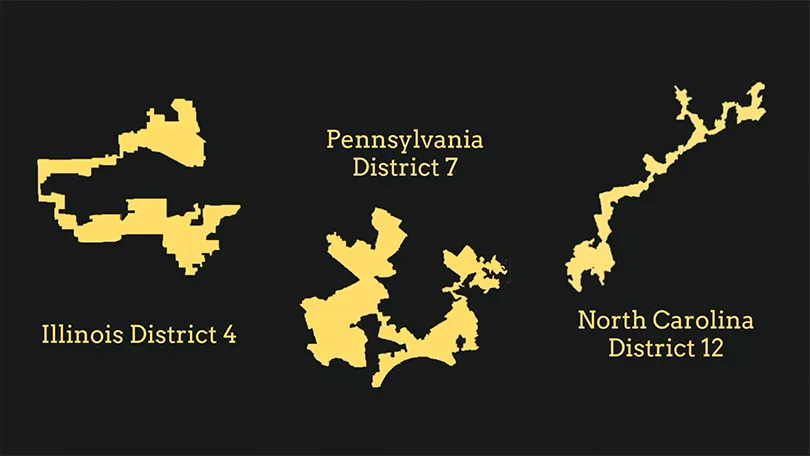
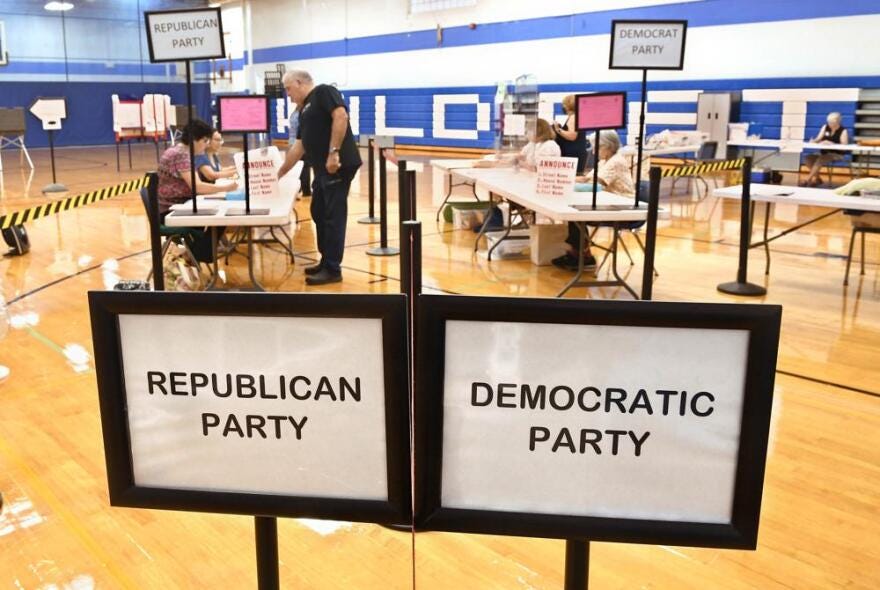
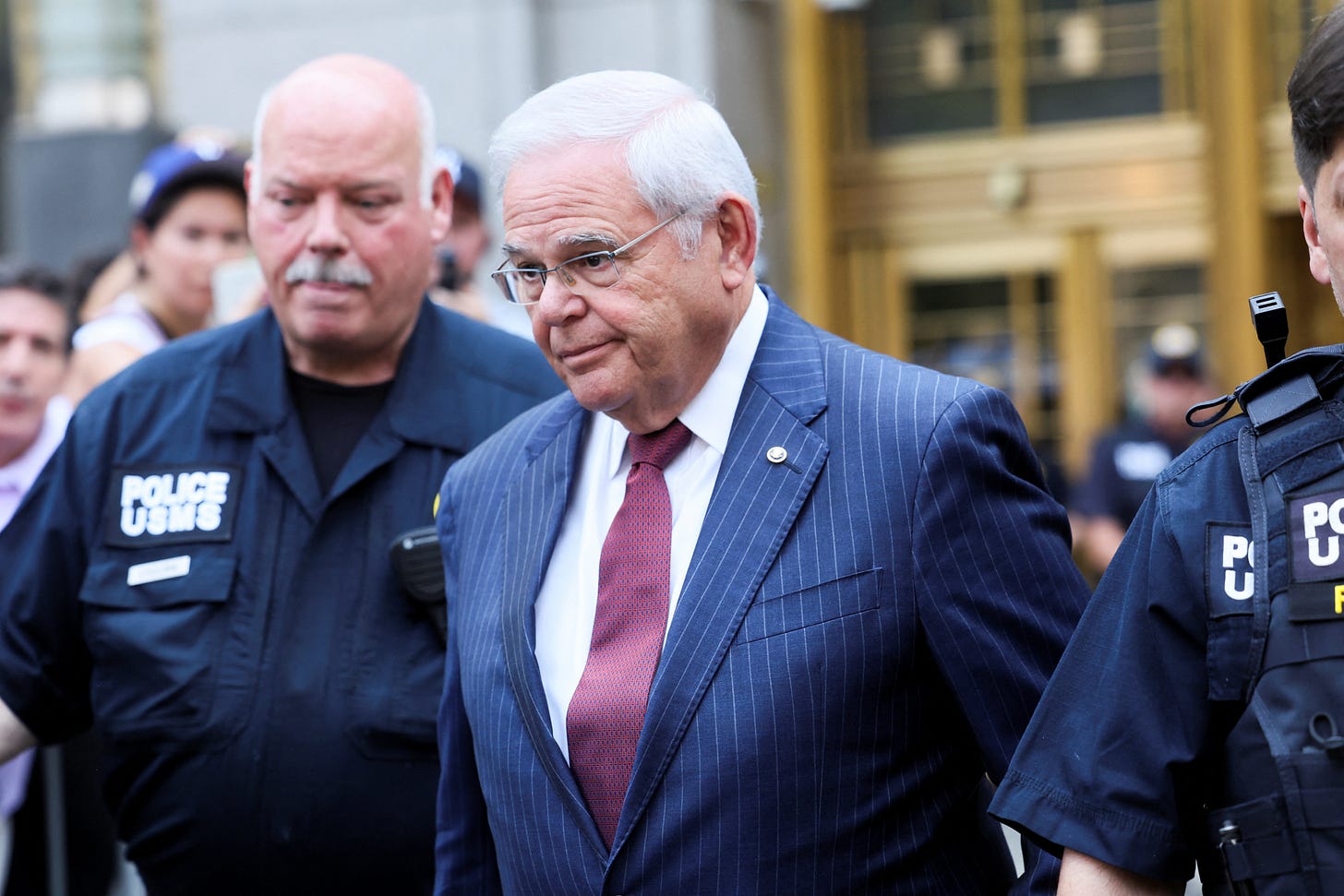
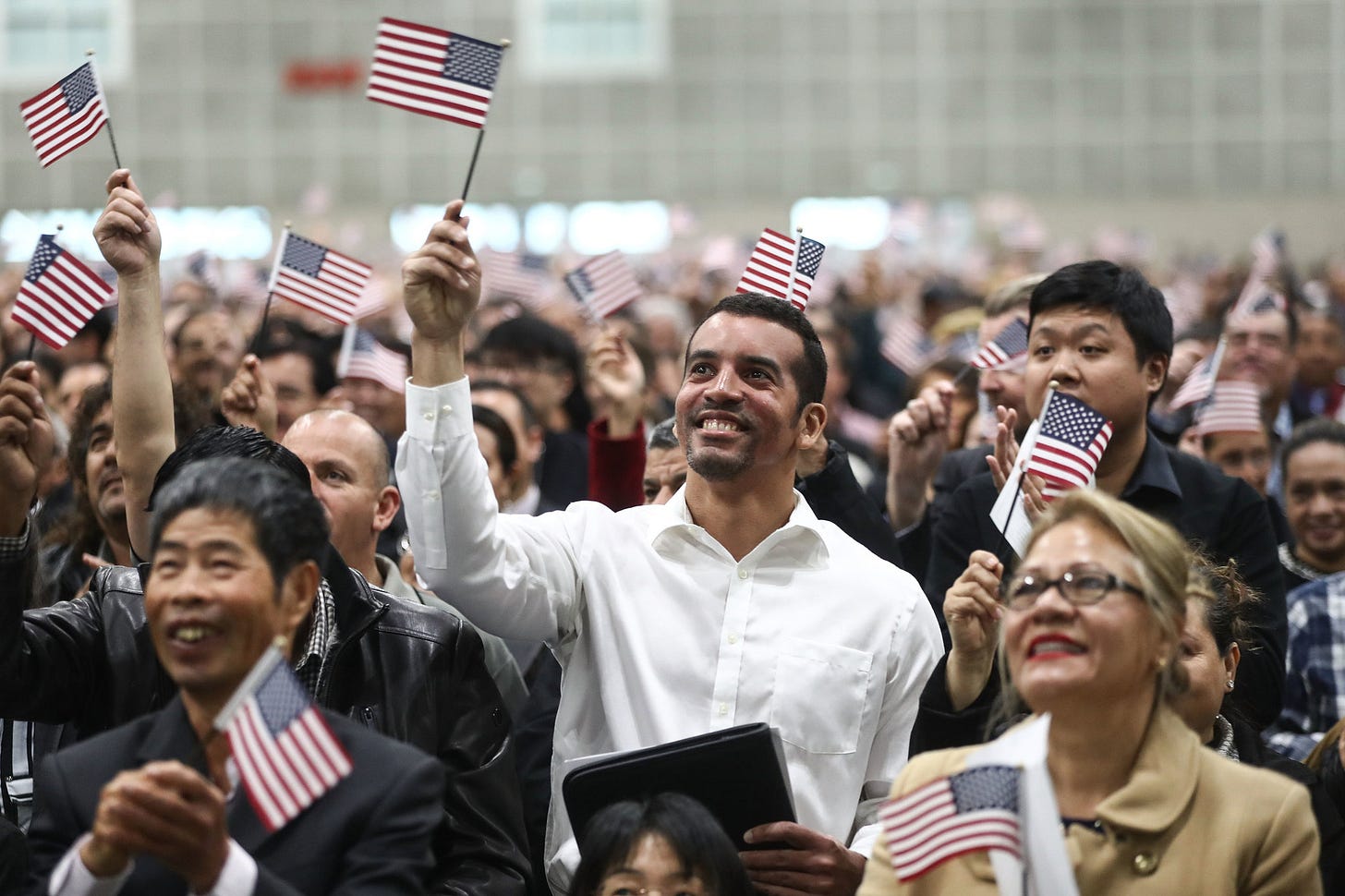
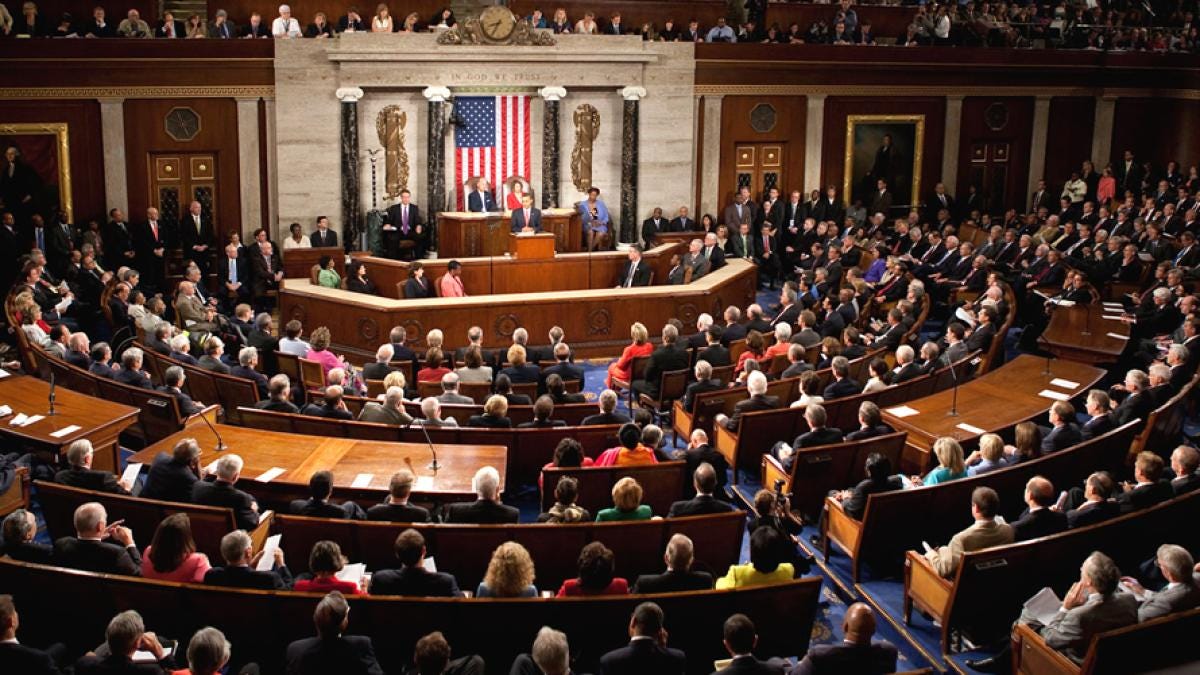
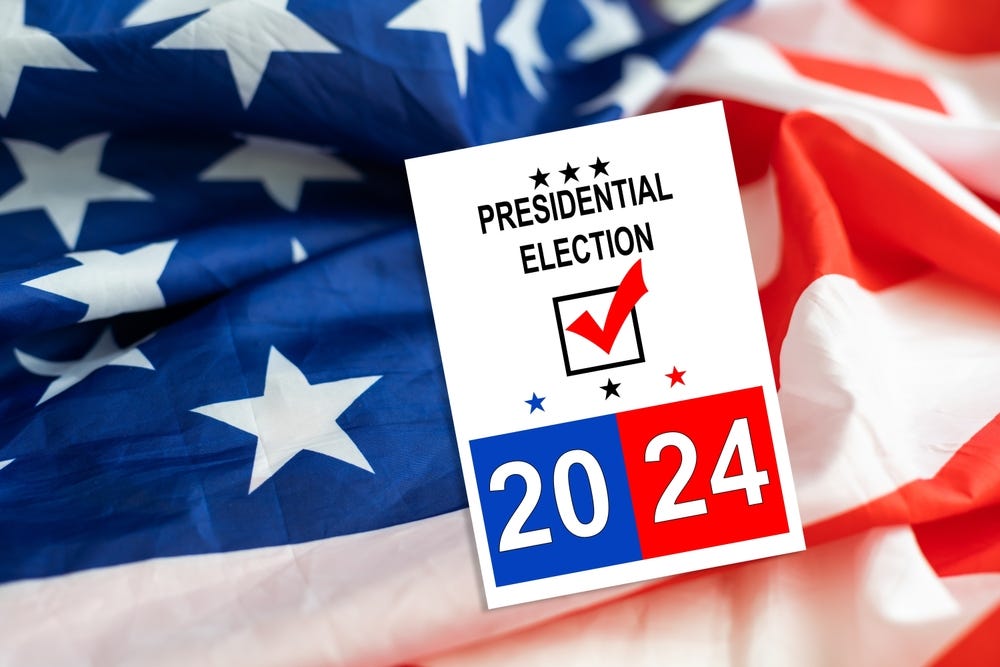
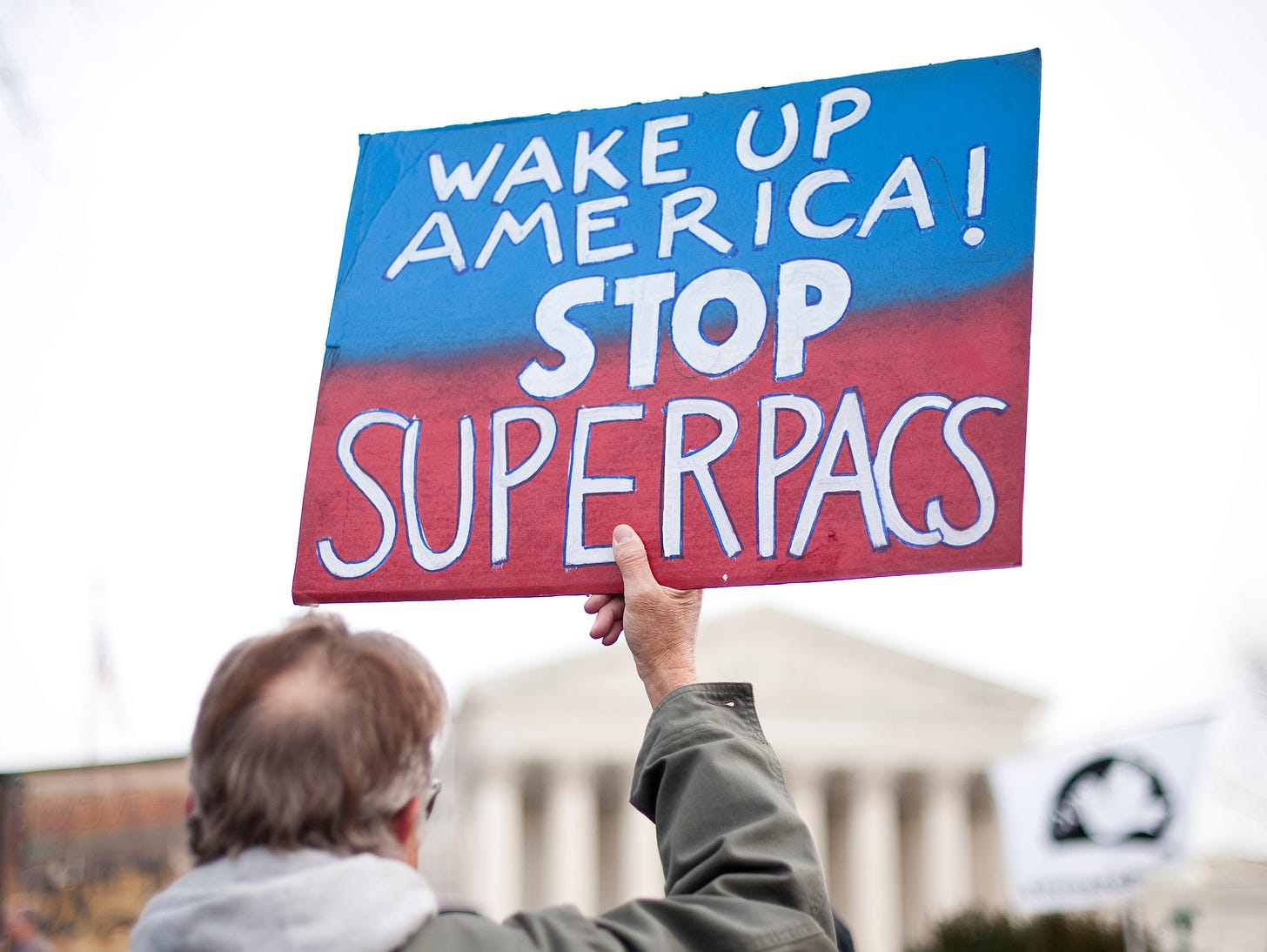
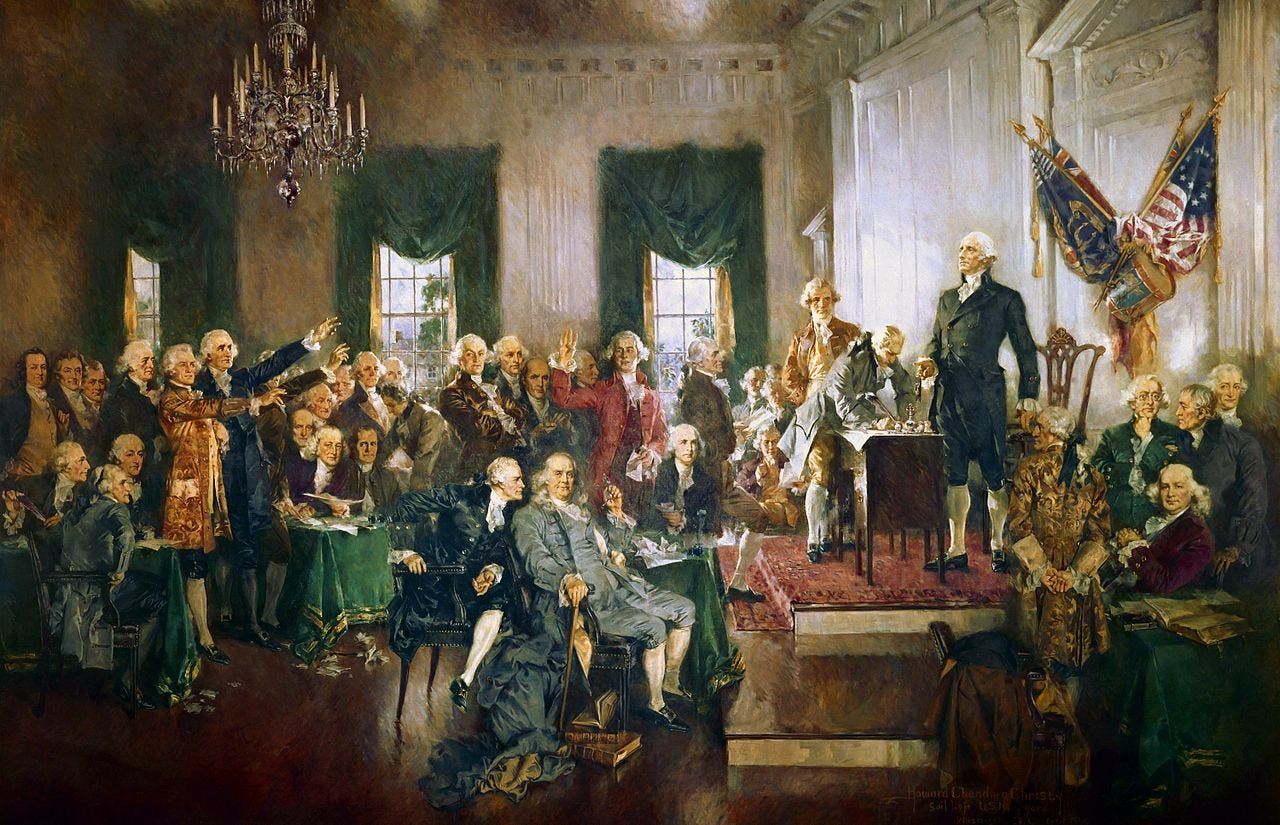
Sharon, you are brilliant. How can we get your voice heard all over the country?
I pray for our country to be better, safer, kinder every day?
I agree wholeheartedly with all of this, AND I cannot fathom how any candidate for higher office would take the first step towards implementation. In order for laws to be passed to create these policies, politicians would have to actively hinder their short-term power. I can't see that happening...like ever.